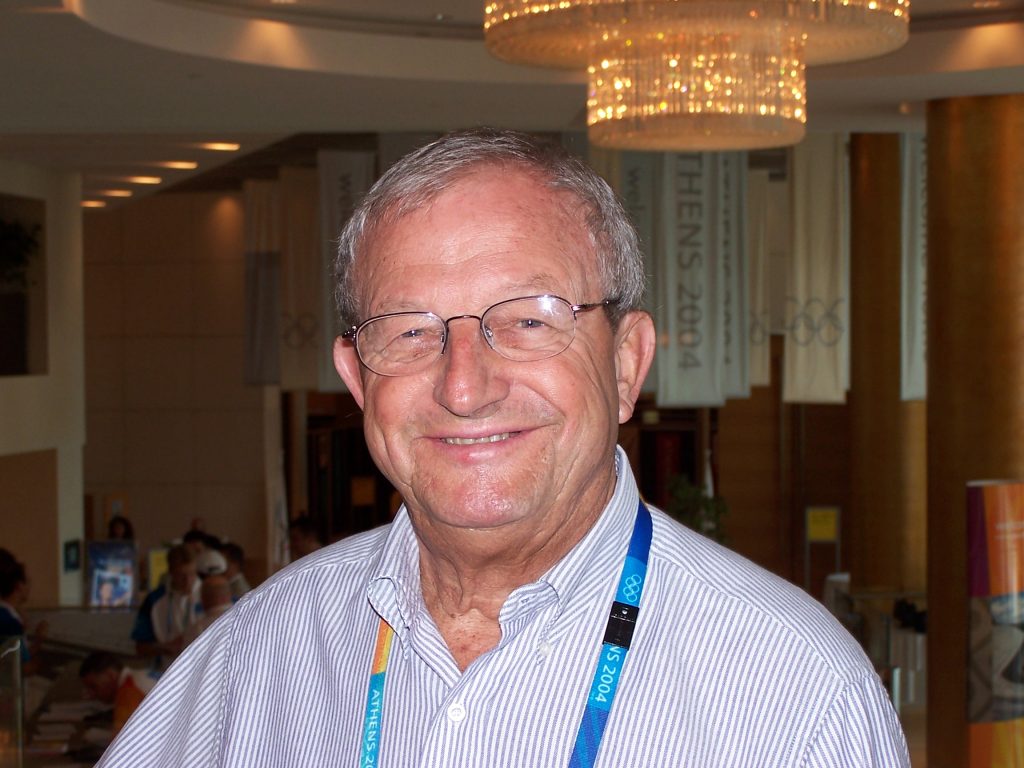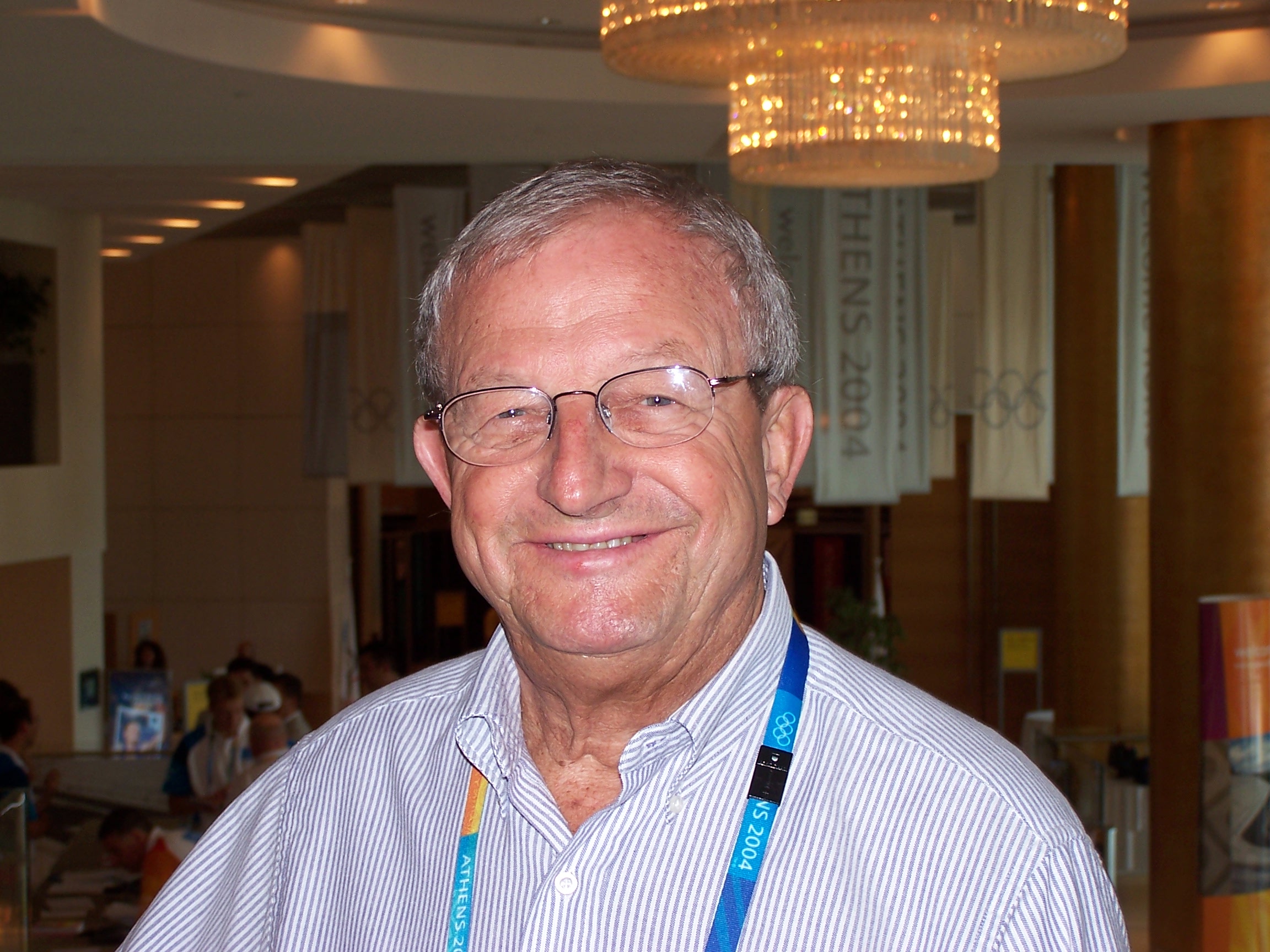The Hula Report: Former IOC Member Phil Coles, the Bondi Battler
Phil Coles can be remembered for his battle against the 1980 boycott of Moscow, Or as a souce of scandal on the eve of the Sydney Olympics.
Former IOC member Phil Coles was 91 when he died January 29 in Sydney after what’s reported as a short illness. His IOC tenure ran from 1982 to 2011, during which he played a key role in Australian Olympic bids from Brisbane for 1992 and Sydney, successful in 1993 for the 2000 Games. Coles was one of two Australian IOC members at the time. His senior was Kevan Gosper, a Melburnian who joined the IOC in 1977 and retired a decade ago.
By profession Coles was a plumber. But canoeing was his passion in sport. He was 29 when he competed at the Rome Olympics. In 1964 he captained the Australian team for Tokyo and ended his Olympic career at the 1968 Games in Mexico City.
Coles became involved with the administration of the sport in Australia and joined the staff of the Australian Olympic Federation, now the AOC. He worked alongside chairman David McKenzie, a charismatic leader who had been an IOC member since 1977. Coles would recall how he would take McKenzie to and from the airport with McKenzie reccounting the highlights of the trip during the journey.
McKenzie did not return after one such trip in 1981. He was found dead in a spa in Hawaii, age 45. While the circumstances were mysterious and suspicious, no criminal charges emerged. Coles was part of the delegation that flew to Hawaii for the repatriation.
Newly elected IOC President Juan Antonio Samaranch had asked Australian officials to consider candidates who could succeed McKenzie. Samaranch is said to have explained that he would like to interview the proposed candidates when he makes a stop in Australia in the future. Historian Harry Gordon recalls that Samaranch was informed that of three candidates only one needed to be interviewed, should he wish to bother. Kevan Gosper told the IOC leader Phil Coles was the choice for Australia. Coles was elected at the 1982 Session in Rome.

Coles became ensnared in the Salt Lake City Olympic bid scandal that erupted in late 1998. He was found to have accepted luxury ski accomodations in Utah during the Salt Lake City bid for the 2002 Winter Games. He was suspended from IOC voting and commission assignments for two years, one of 24 members to face ethics charges over the scandal.
The IOC penalties in 1999 also forced Coles to give up his seat on the board of the Sydney Olympics, just as the home stretch to the Games arrived. He was given perfuntory attention, a cold shoulder for the Olympics he helped secure for his home town. He was subject to searing headlines, bad press.
Coles could be bitter about the experience years later at the same time sanguine.
“There’s nothing more to say,” is how Coles had put it to this reporter.
Coles is survived by spouse Patricia. The lived in Bondi, the Sydney suburb famed for its beach. Coles swam frequently. After caneoing, Coles took up surf lifesaving at Bondi. He was a booster of the sport to join the Olympic program. Coles also lent his support to triathlon
Phil Coles is also remembered in Australia for leading the effort to reject a boycott of the 1980 Olympics in Moscow. Coles led the Australian team into the opening ceremony. IOC President Thomas Bach said this week that Coles’ stand against the boycott was a singular achievment.
“It made him proud for the rest of his life to have led these athletes into the Olympic Stadium.
“His love for the Olympic Games was at the centre of his life,” said Bach.
“Personally, I have lost a wonderful friend with whom I shared so many moments of our Olympic lives.
“I will never forget this heartwarming friendliness and his sense of humour,” says Bach in a statement.
Australian Olympic Committee president Ian Chesterman decribed Coles contribution to Australian sport as “immense”.
“Phil’s passing, after a lifetime in sport, is a sad day for the Olympic movement and for many involved in the wider sports community in Australia,” Chesterman said.

